The Last Man Who Knew Everything. That is the title of a biography of Thomas Young, written in late 2006 by Andrew Robinson. Young was the quintessential polymath. A physician by profession, he dabbled in fields as varied as physics, music, literature, medicine and Egyptology making lasting impressions. Physicians attribute the understanding of astigmatisation and colour perception to him. Those who sat in a Physics class remember Young’s double-slit experiment, a demonstration of the wave theory of light. Those versed in structural mechanics are acquainted with Young’s modulus, a property that measures the stiffness of a solid. His assistance in deciphering the hieroglyphs on the Rosetta Stone opened up the world of ancient Egypt to modern man. All this in the 55 years of his existence, lasting from 1773 to 1829. His was an impressive résumé and he was, befittingly, a man who knew everything.
The last man?
But why is he the last man? Well, knowledge has been increasing exponentially over the last century, so much so that it is hard to keep up with a single field, let alone the entire corpus of knowledge available to mankind. The following figures put this into perspective: the volume of printed material doubled every 100 years up to the turn of the 20th century; it doubled every year post-1985. Medical knowledge was estimated to have doubled in the 50 years leading up to 1950; it now doubles every 73 days. While challenges exist in accurately determining these figures, the trend of exponential growth of knowledge that emerges is rather clear.
The explore-exploit trade-off
For most of us, life is divided into two phases: the exploration phase and the exploitation phase. We spend almost half our lives in school doing nothing more than sucking up as much information as we can. This is the exploration phase. With the degree(s) in the bag, we then spend the other half putting that information into practice and reaping from it. This is the exploitation phase.
In the light, however, of the exponential growth of available knowledge, does this dichotomy still hold? Think about the medical professionals now faced with handling patients suffering from Covid-19, a novel disease whose pathogenesis is not yet wholly understood. Or the students who were taught in the school of business that investing in a company was almost always tied to its profitability (current, not future) only to graduate into a world where companies like Tesla and Uber have billion-dollar valuations without having ever posted a full-year profit. Even the history of the protestant reformation is littered with high points of exploration in which great truths were unearthed from the Bible, truths that not only permanently and radically changed theology and Christian life but also led to the breakdown of political entities. At each stage, God advanced new light and, as such, called His children to continuous study. Can this principle not be extended to the other spheres of life?
What are we at?
We realize then that the corpus of knowledge available to us today is so vast and so burgeoning that it will be futile to rely solely on the model of explore-then-exploit, as if the two were mutually exclusive concepts. What life calls for is a synergistic approach: we are to be lifelong students (exploration), always studying new methods and ideas, and seeking to incorporate them in our work and life (exploitation).


May 25, 2020 at 10:46
Nice one Wilbur. That’s a wonderful gem.
May 25, 2020 at 11:19
Good read
May 25, 2020 at 12:59
Potent 👌
The world is rapidly changing (in every sphere).The only way we can remain relevant ,in whichever field, is to keep up with emerging trends.
Luckily,for us, we might not need to know everything as Young did.We might only need to specialize on a single sphere and perfect it.
May 25, 2020 at 14:36
Nice read.
May 25, 2020 at 22:36
Nice🤗
May 26, 2020 at 21:04
Wonderful! Haven’t read a great piece in a while until this came along